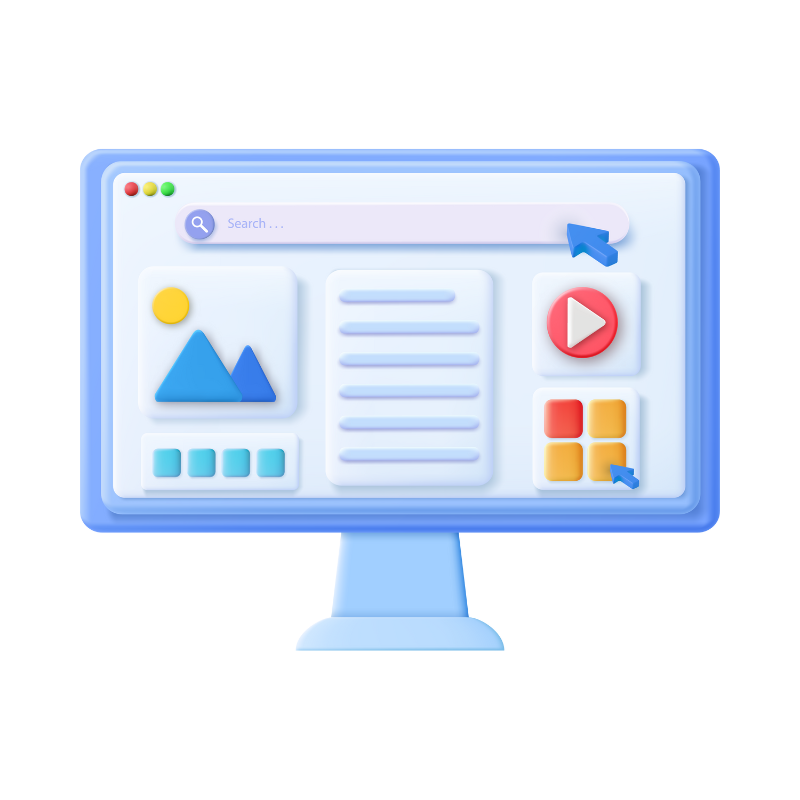How Long Should You Keep Pay Stubs?
we will explore the reasons for keeping pay stubs, the recommended duration for holding onto them, and the role of a free check stub maker in managing your pay stubs efficiently
Managing personal financial records is an essential part of financial literacy. One of the documents people often overlook is the pay stub. These small pieces of paper or digital records hold vital information about your earnings, taxes, and deductions. But the question many ask is, "How long should you keep pay stubs?" In this comprehensive guide, we will explore the reasons for keeping pay stubs, the recommended duration for holding onto them, and the role of a free check stub maker in managing your pay stubs efficiently.
Understanding the Importance of Pay Stubs
Pay stubs are crucial for several reasons:
-
Proof of Income: Pay stubs serve as official proof of income. Whether you're applying for a loan, renting an apartment, or making a large purchase, lenders and landlords often request recent pay stubs to verify your income.
-
Tax Filing: Pay stubs provide a detailed breakdown of your earnings, tax withholdings, and deductions. This information is essential for filing accurate tax returns and ensuring you claim the correct amount of deductions and credits.
-
Dispute Resolution: In case of discrepancies with your employer regarding your pay, pay stubs can serve as evidence to resolve disputes.
-
Budgeting and Financial Planning: Regularly reviewing your pay stubs can help you understand your income patterns, allowing for better budgeting and financial planning.
How Long Should You Keep Pay Stubs?
The general recommendation for keeping pay stubs is at least one year. This duration allows you to have them on hand for any immediate needs, such as reconciling your W-2 forms during tax season. However, there are circumstances where you might need to keep them longer:
-
Tax Purposes: The IRS recommends keeping records for at least three years after you file your tax return. This period allows for any audits or reviews of your tax filings. However, in some cases, such as underreporting income by more than 25%, the IRS can audit up to six years back.
-
Proof of Income for Loans or Mortgages: If you are applying for a mortgage or any substantial loan, lenders might ask for pay stubs from the past two years.
-
Disputes with Employers: If you anticipate or are involved in a dispute with your employer regarding pay, keeping pay stubs until the issue is resolved is wise. This could mean holding onto them for several years.
-
Social Security Benefits: When applying for Social Security benefits, having a record of your earnings can be beneficial. The Social Security Administration (SSA) uses your earnings history to calculate benefits, so keeping pay stubs until you are confident that your earnings record is accurate with the SSA can be helpful.
Using a Free Check Stub Maker
Managing pay stubs has become more straightforward with the advent of digital tools such as a free check stub maker. These tools offer several advantages:
-
Convenience: Creating and storing digital pay stubs is convenient. You can generate them quickly and save them on your computer or cloud storage, reducing the need for physical storage space.
-
Accuracy: A free check stub maker ensures that your pay stubs are accurate and professionally formatted, which can be crucial for tax filings and applications requiring proof of income.
-
Accessibility: Digital pay stubs are easily accessible. Whether you need them for a loan application or tax purposes, you can retrieve them quickly without sifting through piles of paper.
-
Cost-Effective: Using a free check stub maker eliminates the cost associated with purchasing pre-printed stubs or hiring a service to create them for you.
Best Practices for Managing Pay Stubs
-
Digital Storage: Scan or download your pay stubs and store them in a secure digital location. Cloud storage services like Google Drive, Dropbox, or OneDrive offer secure, accessible options.
-
Organize by Date: Keep your pay stubs organized by date. This practice makes it easier to find specific records when needed, especially during tax season.
-
Backup Copies: Ensure you have backup copies of your digital pay stubs. Regularly back up your files to an external hard drive or a secondary cloud storage service to prevent data loss.
-
Shred Old Pay Stubs: Once you have surpassed the recommended retention period, securely shred old physical pay stubs to protect your personal information.
Conclusion
Knowing how long to keep pay stubs and the benefits of using a free check stub maker can simplify your financial management process. Generally, keeping pay stubs for at least one year is advisable, but depending on your circumstances, such as tax filings, loans, or disputes with employers, you might need to retain them for a more extended period.
Utilizing digital tools for creating and storing pay stubs offers convenience, accuracy, and accessibility, ensuring you are always prepared to provide proof of income when necessary. By following best practices for managing your pay stubs, you can maintain an organized and efficient financial record-keeping system.
In today's digital age, leveraging an hourly paycheck calculator is a smart move toward efficient financial management. It not only saves time and space but also ensures that your pay stubs are accurate and readily available whenever you need them. Whether for tax purposes, loan applications, or simply tracking your income, managing your pay stubs effectively is a crucial aspect of maintaining your financial health.
What's Your Reaction?




























